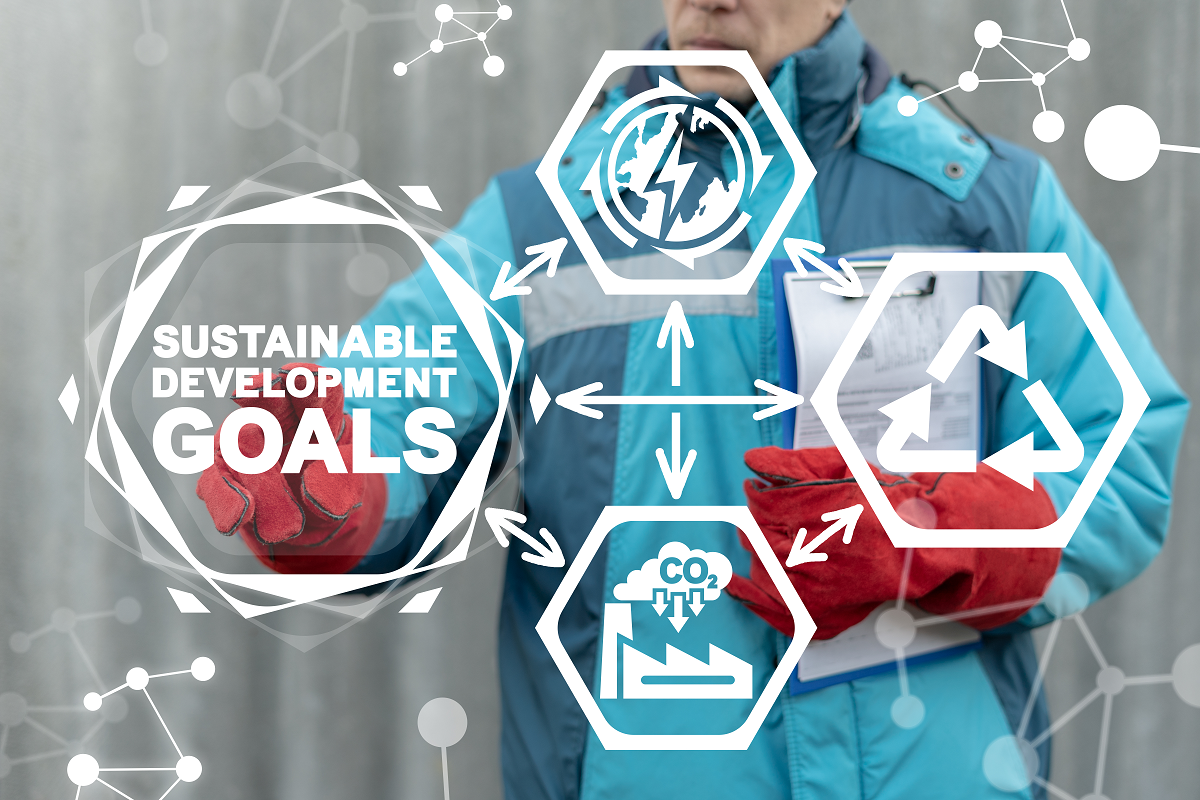Responsible organizations
Responsible Organizations around the world are becoming increasingly aware that business can make to economic, environmental and social progress. Therefore they recognise that business activities may result in adverse impacts due to corporate governance, human rights and labour conditions, safety, environment and business ethics issues.
Responsible Organizations balance short-term commercials with ethical decision-making to protect the long-term business sustainability.
Various stakeholders, including customers or consumers, workers and their trade unions, members, the community, non-governmental organizations, students, financiers, donors, investors, companies, and others scrutiny organizations.
Legislations (e.g. Directive 2014/95/EU) increasingly require the disclosure of reliable and credible information regarding the ESG risks within the organization and along its supply chain.


Due Diligence role
Due Diligence according to international guidance (eg. OECD) is becoming the tool to prevent, mitigate, and account for how they address risk that may result into actual and potential adverse impacts in operations and supply chains.
In other words, effective due diligence supported by efforts to embed responsible business conducts into policies and management systems enable enterprises and its supply chains to remediate adverse impacts that they cause or to which they contribute
Therefore, there is an emerging need for third party Due Diligence referring to international guidance and standard, covering all social responsibility aspects and meeting the needs of different Stakeholders.
Why to apply for Get It Fair
Get It Fair provides organizations with the following benefits:
- leading to competitive advantage. Firstly, “GIF Responsible Organization” validated claim distinguishes the brand and reputation of a company
- improving business reputation and brand image. Secondly, the “GIF Responsible Organization” validated claim provides Stakeholders with evidence of achievements in the ESG risks for sustainable development
- minimizing assessment cost and time. Thirdly, GIF offers one single and integrated assessment covering all ESG risks. Meanwhile, it meets the needs of a wide range of Stakeholders.
- reducing exposure to risks. The GIF Due Diligence is a learning process. In other words, it enables to identify actual and potential risks of adverse impacts in operations and supply chain due to ESG risks
- opening new markets. GIF enables companies to attract international customers by the means of reliable and credible information regarding the ESG risks.
- attracting new customers and consumers. Certainly, the GIF Ethical Label (in compliance with ISO 17033) is a powerful marketing tool to enable responsible consumption.
- enhancing credibility. GIF enables Stakeholders to check whether the “GIF Responsible Organization” claim is valid.
- facilitating access to capital. the GIF Non-financial report in compliance Directive 2014/95/EU) facilitates the attraction of equity/credit capital from banks, insurance and financial institution.
- enhancing employee satisfaction. GIF allow to attract and retain people by providing evidence of commitment to social, safety and environmental issues
- fostering relationships with local society, media, suppliers, peers
- attracting positive media attention when taking part in community activities
- gaining free assess to services provided by the Stay Woke community. In addition, the Stay Woke portal makes available tools to support the social responsibility implementation and ESG risks management
- improving marketing and communication. In conclusion, the “3D Pavillon” accessible from everywhere at any time allows to promote brands and products across the world